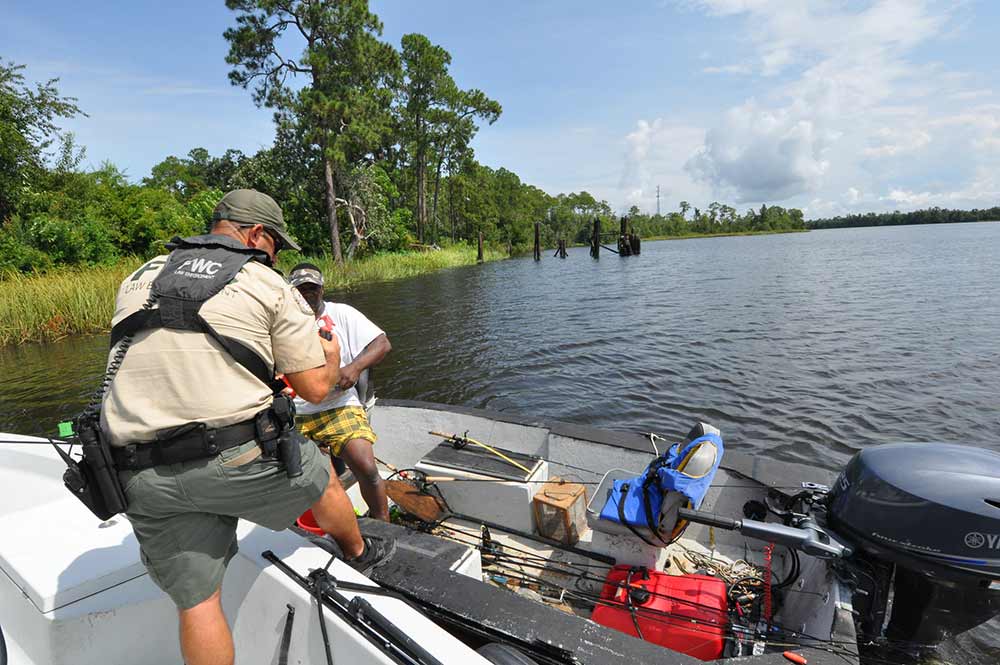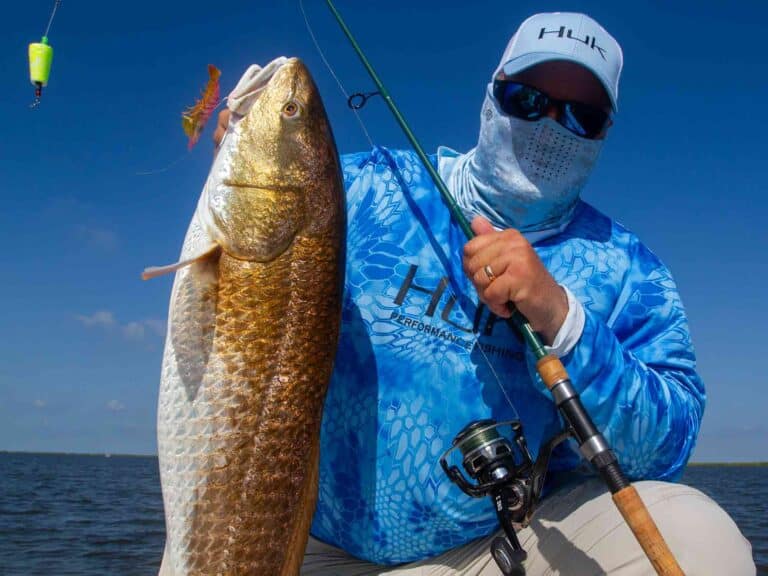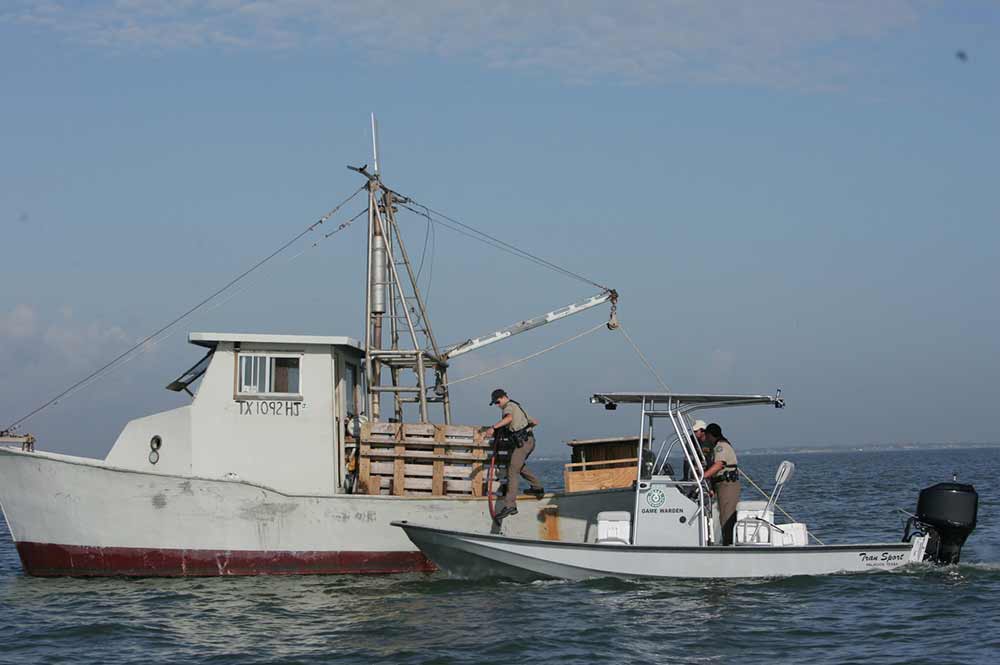
Lawbreakers are bad news. Harming the resource and stealing from the public can never be condoned. Marine law enforcement officers do the best they can with limited manpower, but recreational anglers can help enforcement efforts by reporting violations. Here are some of the best ways to do that:
Most, if not all coastal states have programs within their fish and wildlife agencies to report offenses. The procedure often allows reporters to remain anonymous and provides rewards if the tips lead to arrest and convictions. Reports can be made by phone, text or on-line forms and reporters usually are not required to testify in court.
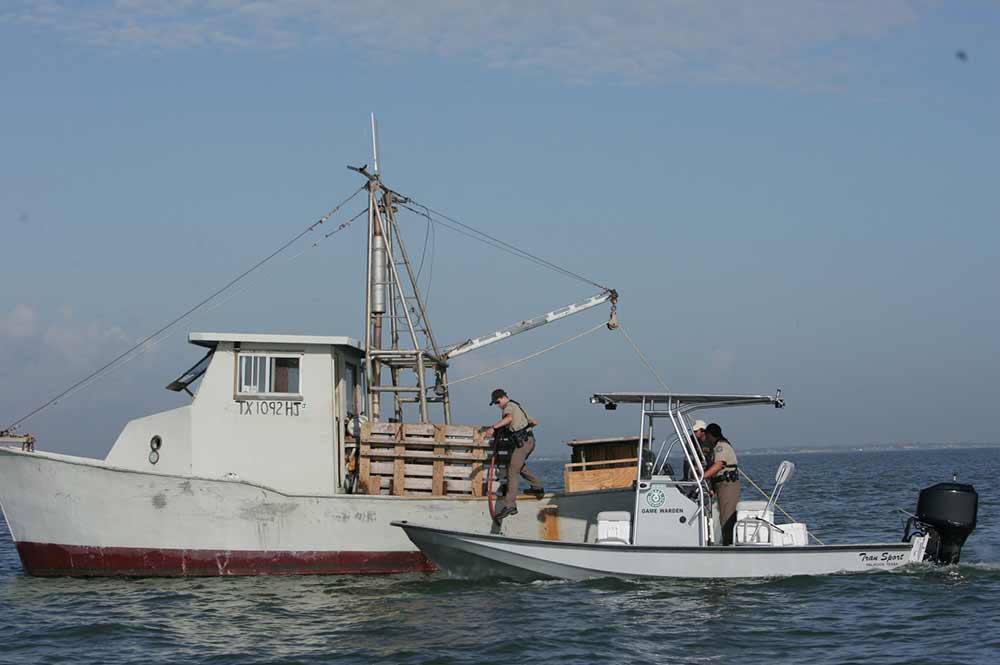
Start by giving a full account of the incident. Provide as much information as possible on the suspects, including names, addresses and ages if known. Give a detailed description of the individuals. Note the boat and hull identification numbers (or vehicle tag if appropriate). Pass along what exactly you witnessed and when, with specific details.
If you can do so without endangering yourself and crew, take photographs or video of the offenses. Zoom in on identifying details like numbers and landmarks or navigational markers for references.
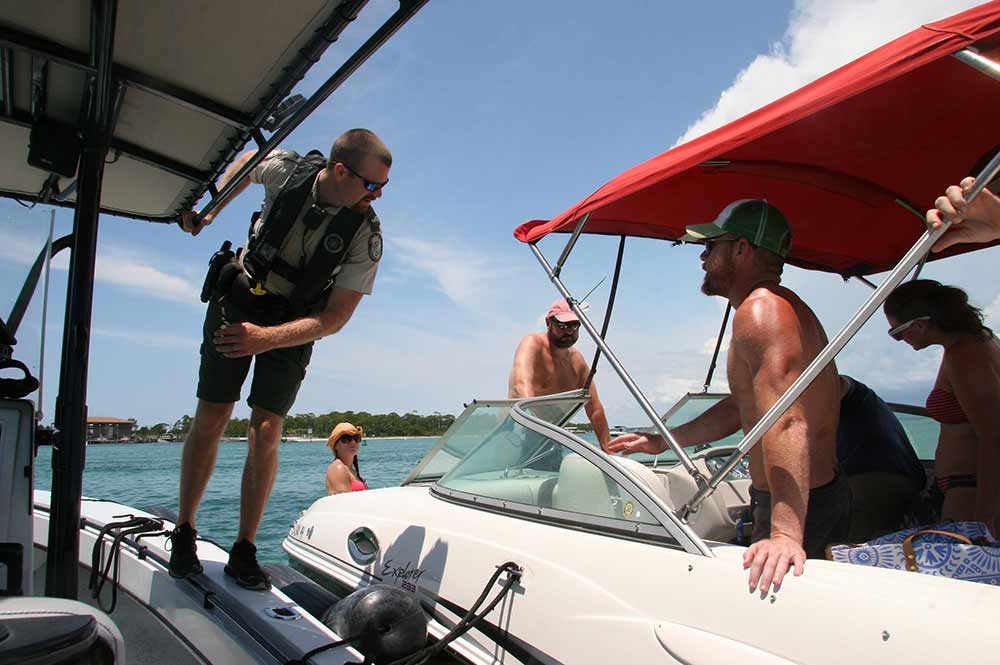
Make your report to authorities as quickly as possible. Time is critical. If officers can’t respond immediately, they can still discern patterns and may be able to heighten patrols or set up future sting operations. And just because a patrol craft may not be visible doesn’t mean undercover officers aren’t in the vicinity.
Reporting marine fisheries violations isn’t snitching in my opinion. It’s just another way to protect the resources we all love to enjoy. So keep your eyes open when on the water and be ready to pick up the phone and make a call if you see something amiss.
